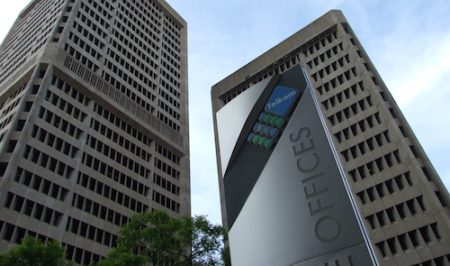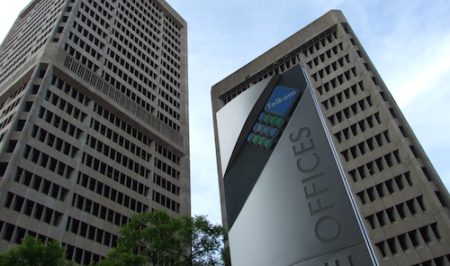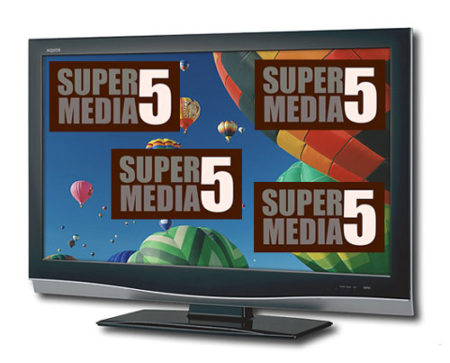The winter solstice. 21 June. That’s the likely date on which Telkom will announce long-anticipated upgrades to its broadband network…
Browsing: Telkom
Government often argues that it must retain its stake in Telkom because the telecommunications company is a “strategic national asset”. But with competition intensifying by the day, the best thing that could happen to Telkom — and its customers — would be for government to sell up
Mounting losses at Multi-Links, Telkom’s failing Nigerian subsidiary, are set to drag down the fixed-line telecommunications operator’s profits in the…
What happens to the investment that Telkom has made in fibre-optic cables and other hi-tech infrastructure for the 2010 soccer World Cup after the last whistle has been blown in the final game? It’s a question that is worrying a number of executives in SA’s telecommunications industry
Amid all the noise and fanfare surrounding On Digital Media’s launch last week of TopTV, another new pay-TV licensee, Super…
Trade union Solidarity has declared a dispute with Telkom, saying the telecommunications provider’s voluntary retrenchment programme may lead to forced…
The decision last week by the Independent Communications Authority of SA (Icasa) to reduce mobile termination rates was not unexpected. What the industry didn’t expect was for the regulator to move as quickly as it has to reduce fixed-line rates
Vodacom looked set on a collision course with its former shareholder, fixed-line operator Telkom, on Tuesday as it officially launched…
Telecommunications giant Telkom should consult labour unions before going ahead with voluntary retrenchments, Solidarity said on Monday. “The mere fact…
Listed telecommunications group Telkom has offered its management staff the opportunity to apply for voluntary severance and early retirement packages.…









